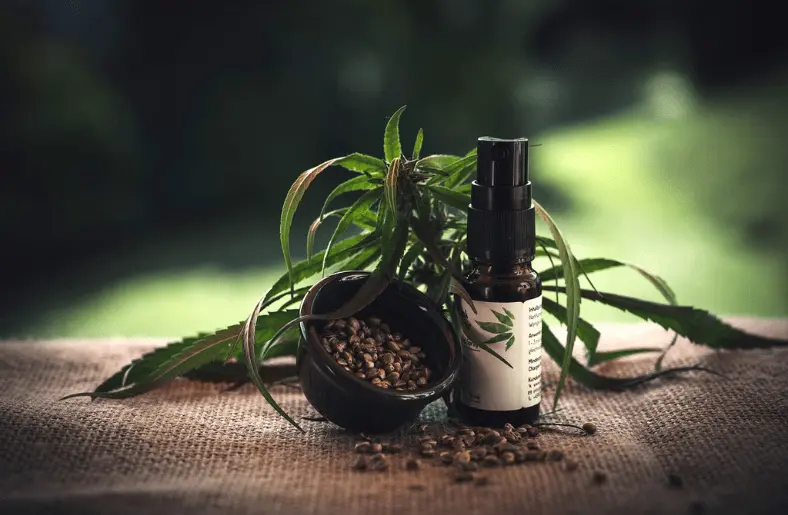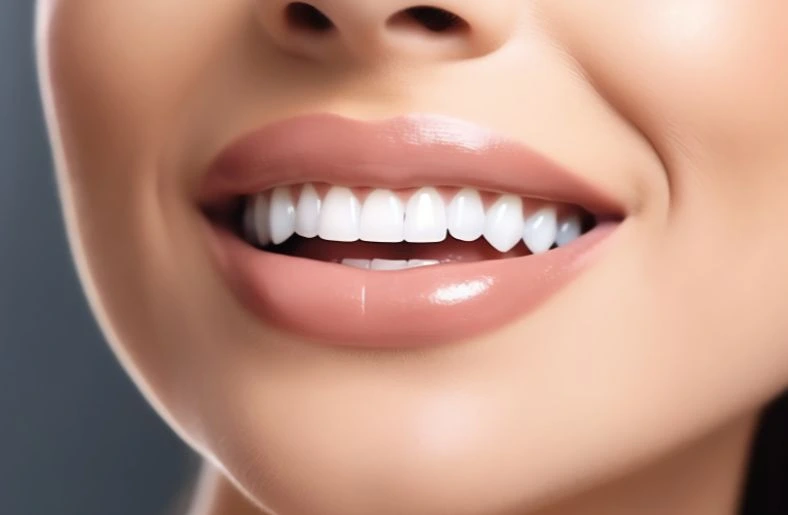In recent years, cannabidiol, or CBD Law, has gained a lot of popularity, maybe due to its potential medicinal advantages that do not result in euphoria. But because state laws vary, it can be challenging to understand the legal framework around CBD.
Ohio is not an exception, and since CBD laws have changed over time, locals and companies are left wondering what is and isn’t permitted.
This extensive guide tries to make Ohio’s CBD Law legislation more understandable by stressing key points, including availability, limitations, and legality of CBD products.
The Legal Status of CBD in Ohio
The legal status of CBD in Ohio has altered dramatically in recent years as a result of changes to both state and federal laws. CBD products made from hemp are now legal in the state, despite not being so before. The 2018 Farm Bill, passed by the federal government and legalized hemp and items produced from it, including CBD, marked a significant turning point.
Next, Ohio modified its laws to comply with federal regulations. When Senate Bill 57 was passed into law by Governor Mike DeWine in July 2019, this was completed. According to the legislation, hemp is cannabis that has less than 0.3% THC, the psychoactive ingredient that gives marijuana users their high.
In Ohio, CBD products made from hemp that have less than 0.5 percent THC are permitted. This is regardless of whether they are oils, edibles, or another type of product.
The Ohio Capital-Journal reports that the governor of Ohio suggested making the purchase of Delta-8 THC over-the-counter illegal starting in January 2024. Another name for it is medicinal marijuana. Its THC level of less than 0.3% makes it widely available in retail settings. Furthermore, children can purchase THC in Ohio since there is no legal age limit.
Hemp vs. Marijuana: Understanding the Difference
It’s crucial to distinguish between hemp and marijuana when discussing CBD’s legality. Even though they are both derived from the Cannabis sativa plant, the THC level is what legally distinguishes them.
Marijuana is classified as a restricted substance in Ohio because it has greater quantities of THC than hemp, which has less than 0.3%. While CBD produced from hemp is acceptable, CBD derived from marijuana is not permitted unless it is acquired under the state’s medicinal marijuana program.
However, a few companies have lately received permits from the state to sell marijuana recreationally. For example, one store in each of the Springfield, Grafton, Youngstown, and Columbus cities has got permission. Based on their permits, these companies are now able to cultivate and market marijuana for recreational use.
Cannabis shops continue to sell items to medical CBD consumers. For instance, only a single company in Columbus has received a processor license. However, a medical cannabis user can avoid the rush by getting his or her products from other CBD dispensaries in Columbus.
According to Natural Life, CBD has medicinal advantages and the potential to relieve pain. It may be applied to assist people relax and improve their mental health. Moreover, because CBD oil reduces joint discomfort, it may be helpful for those who have diseases like arthritis.
CBD Product Regulations in Ohio
While Ohio allows the use of CBD produced from hemp, the state has established rules around the manufacturing, distribution, and labeling of CBD products. The Ohio Department of Agriculture (ODA) supervises the licensing of hemp farmers and processors. The ODA also makes sure that all CBD products meet THC content and labeling requirements.
Strict labeling regulations, which include disclosing the product’s components, THC concentration, etc., must be followed by CBD products sold in Ohio. Ensuring consumer safety and preventing the sale of unregulated or incorrectly labeled items are the objectives of these rules. It is mandatory for retailers that sell CBD products to confirm that the items they offer adhere to Ohio legal regulations.
Additionally, customers must know that most CBD products have not been recognized for use in medicine by the FDA. Federal regulation of most over-the-counter CBD products is still lacking.
The FDA has also authorized Cesamet for chemotherapy-induced nausea and vomiting. Additionally, even Marinol and Syndros are approved for nausea and vomiting brought on by chemotherapy or HIV. These goods should not, however, be regarded as stand-alone medications for the treatment of any illness. Your healthcare practitioner should always be consulted before making any decisions.
Where to Buy CBD in Ohio
Ohio has legalized hemp-derived CBD, allowing consumers to purchase products from a variety of vendors. In the state, CBD oil, capsules, lotions, and edibles may be found in specialty shops, health food stores, and even petrol stations. However, customers should exercise caution and only purchase goods from reliable merchants to guarantee they are getting high-quality, legal goods.
According to Medical News Today, the sector is highly unregulated, so many stores also sell products that have CBD Law and THC mixed. Some could even include toxic metals, herbicides, and other microorganisms. Consequently, it’s critical to purchase your CBD products—whether for medicinal or recreational purposes—only from respected and trustworthy vendors.
Ohio-certified pharmacists are permitted to legally offer hemp-derived goods as long as the items don’t exceed the 0.3% THC threshold. Therefore, many of them also stock CBD products. Another place to acquire CBD Law is online. However, before purchasing, customers should confirm that the goods adhere to Ohio’s legal requirements.
Also Read: CBD Oil Products
Frequently Asked Questions
Can CBD be prescribed in Ohio?
Ohio House Bill 523 allows doctors to recommend medicinal marijuana programs that include CBD products made from hemp and marijuana. These items are exclusively recommended by qualified healthcare professionals for a range of ailments.
Is Delta 9 legal in Ohio 2024 CBD?
Yes, Delta-9 THC and its derivatives are legal in Ohio. Senate Bill 57, which was passed by the state in 2019, legalized hemp and items derived from it.
What is the tax on CBD in Ohio?
Issue 2, which allowed state-licensed shops to sell marijuana to anyone over 21 years old, was passed by Ohio voters in November 2023. We refer to this as “adult-use cannabis.” On certain sales, Ohio Revised Code (R.C.) 3780.22 levies an excise duty of 10%.
Ohio’s CBD regulations have changed dramatically, allowing citizens to lawfully buy and consume goods made from hemp. It is significant to comprehend the differences between CBD generated from hemp and marijuana. This is in addition to the state’s particular CBD law about its manufacturing, distribution, and application.




